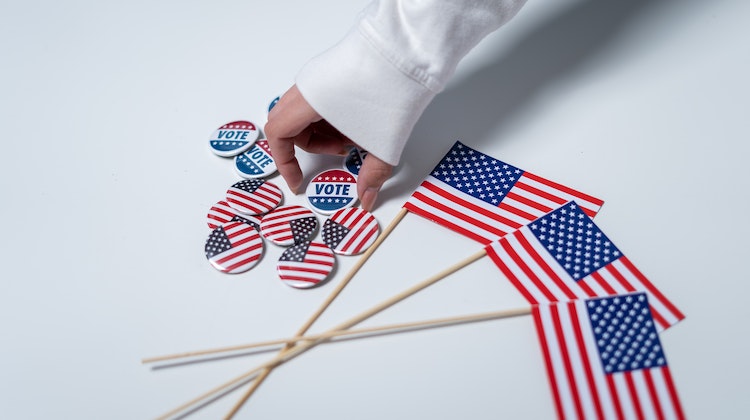
Photo Credit: pexels
The conventional wisdom is that social media helps to level the playing field for all politicians, regardless of their party affiliation, ideology, or relative influence within government. But that’s not really the case. Social media seems to be having a direct impact on who gets elected to political office, and which politicians have the ability to use social media to change society.
The Trump factor
Interest in how social media is shaping the world of politics, of course, can largely be traced back to the presidency of Donald Trump. Back in 2016, he proved that Twitter (X) could be a massive battering ram to take on political opponents, whip up grassroots support, and completely bypass the traditional media establishment. Trump positioned himself as the ultimate Washington outsider, and Twitter was part of that overall political image. While other politicians pushed out carefully worded tweets that had been vetted by multiple staff members, Trump woke up at 2 a.m. in the morning and tweeted out insults to his enemies.
So it’s perhaps no surprise that other politicians have attempted to capitalize on social media in the same way. Arguably, using social media can be much more cost-effective than running expensive ads across traditional media. So it should naturally give a leg up to candidates who are behind in their fundraising, or who are polling poorly at the moment. Almost instantaneously, they can change their message without having to hire a team of copywriters or slick advertising executives.
The Harvard Twitter (X) study
Of course, all of this is largely anecdotal. All of us sense that social media is polarizing the political debate, making it much easier for extremists and members of the opposition to be heard. Gone are the days when politicians tried to be as moderate as possible, in order to win over all the centrist voters.
Interestingly, there’s actually been some academic studies done on the impact of politicians using social media. One Harvard study, for example, looked at the social media usage of 97 U.S. senators on Twitter (X). The hypothesis going into the study was that Twitter (X) favored members of the opposition, extremists, and “backbenchers” lacking seniority. And that’s exactly what the study found: people at the ideological extremes tended to do the best on social media. And relatively junior members of Congress could use Twitter (X) to exert much more clout online than their higher-ranking peers.
Key takeaways
As the Harvard researchers explained, we should expect social media usage to increase amongst members of the opposition party, underdogs, and extremists. And that’s exactly what we’re seeing right now. Amongst the Democrats, RFK, Jr. has emerged as one of the strongest voices on Twitter (X), thanks in no small part to the support of Elon Musk. And, amongst the Republicans, it’s Donald Trump and Ron DeSantis who are leading the charge.
You could easily argue that these three individuals are either underdogs or extremists. Contrast that to the social media approach of Joe Biden, who is neither an underdog nor an extremist. His team members and handlers are more than happy to put out photos of him eating ice cream on the beaches of Delaware – hardly the type of “extremist” content that is going to get anyone in trouble.
So look for more of the same in future political cycles. As long as social media plays a role in the political debate, things are only going to get more polarized and more extreme. If you are using Twitter (X) as a politician, it apparently pays to crank things up to 10 in order to get noticed and activate the base.